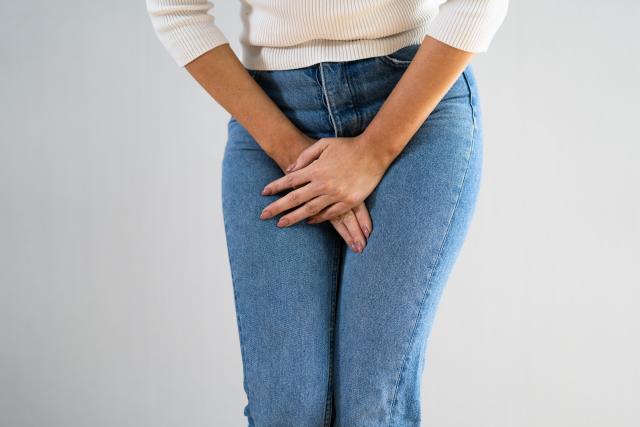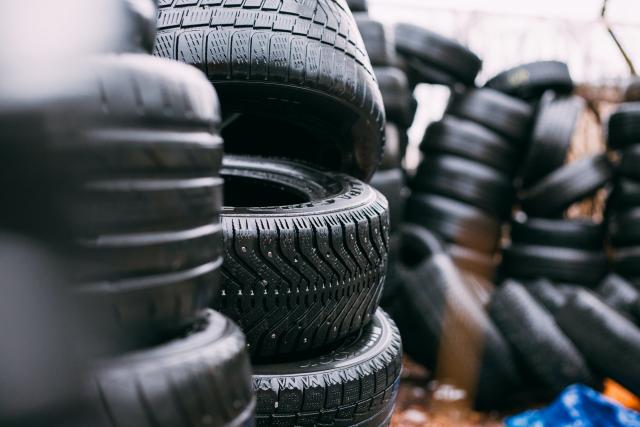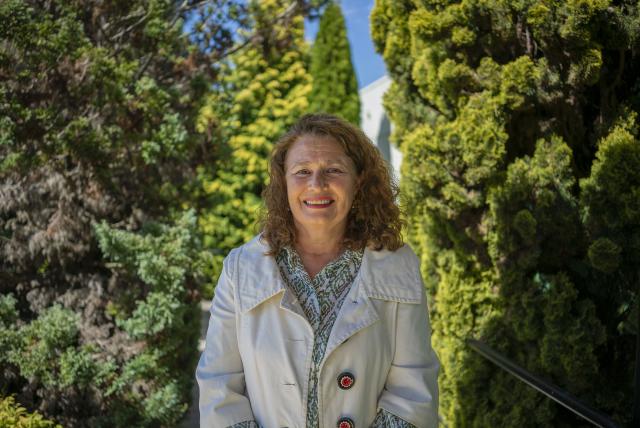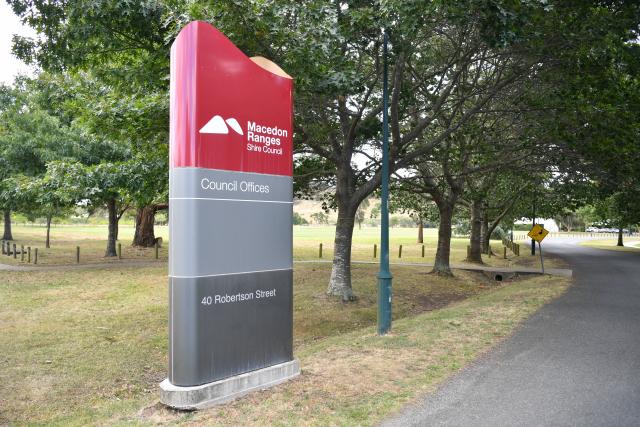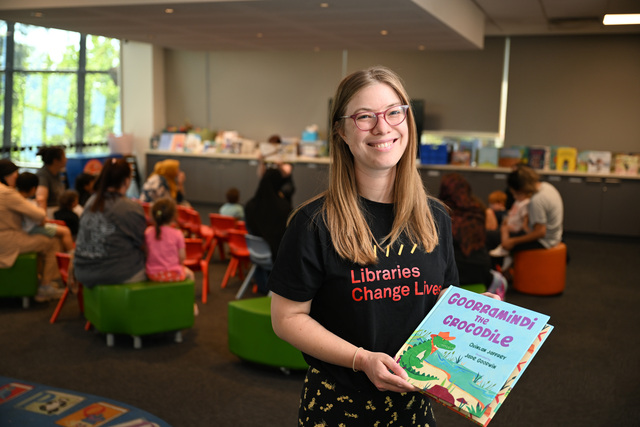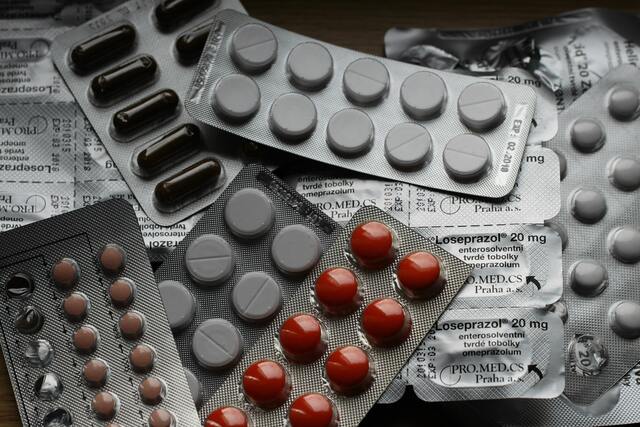Incontinence costs Australia more than $100 billion a year according to a new report conducted by Deloitte Access Economics.
The report, commissioned by the Continence Foundation of Australia, found the cost of incontinence to Australia increased to $100.4 billion in 2023.
Among the report’s other findings: an estimated 2.4 million men and 4.8 million women were living with some form of urinary and/or faecal incontinence; last year, the direct health cost of incontinence was $66.6 billion; there was an additional $33.8 billion cost in lost wellbeing for those living with the condition, include days off work, unemployment due to the condition and seeking extra care and support; 71 per cent of people living with incontinence are aged 65 and younger and by 2032, 8.6 million Australians are expected to be living with some degree of incontinence.
Chief executive of the Continence Foundation of Australia, Dr Gian Sberna, said that incontinence was costing the country a staggering amount of money.
“The findings of this report underscore the urgent need for comprehensive support, increased awareness, and better treatment options for the millions of Australians affected by this condition,” Dr Sberna said.
While the data doesn’t directly correlate due to inflation and some reporting methodology changes, the latest report suggests the cost of incontinence could be 50 per cent higher than in the previous report conducted in 2010.
Dr Sberna said that while there wasn’t a single reason for the increase, there were a handful of contributing factors.
“In the first instance, we have an ageing population so there are certain realities of an older cohort that make them more susceptible to incontinence, but interestingly, there seems to be a significant number of people who are coming forward for diagnosis and treatment that are younger,” he said.
“Our own research and feedback from practitioners indicate that the stigma around incontinence is decreasing and that supportive friends and family are playing a huge role in people seeking treatment, with open and honest dialogue about their health concerns and conditions.”

